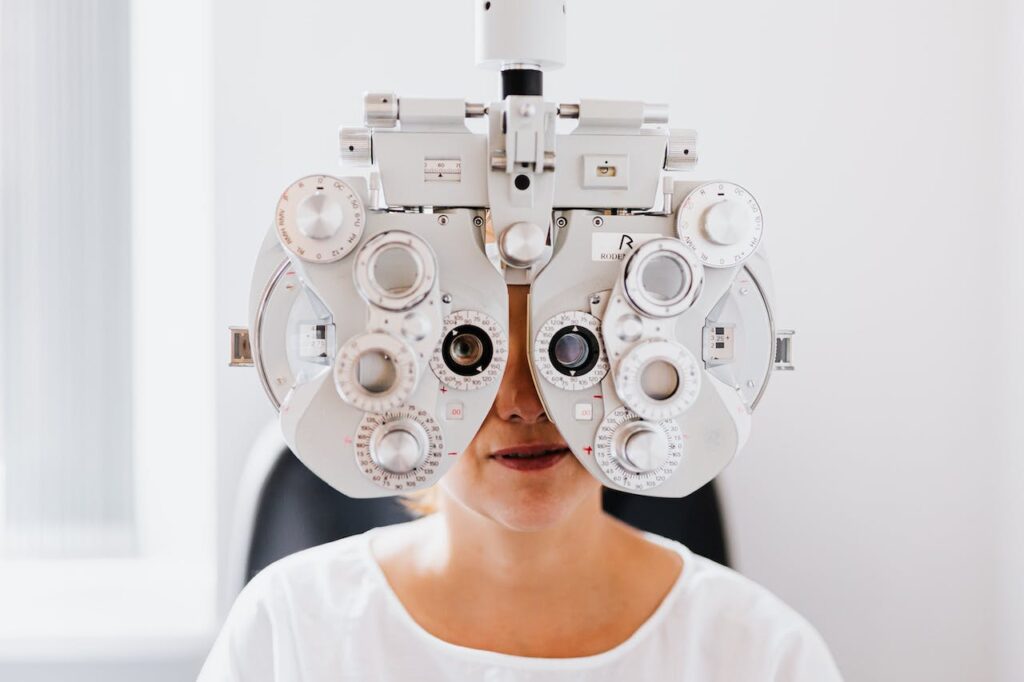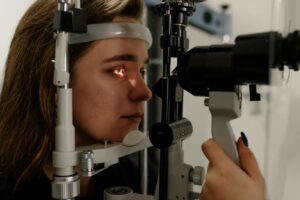Eye Health Concerns In Wales Growing, Providers and Patients Urged to Prepare Ahead

Recent reports have raised alarming concerns about the state of eye health in Wales. According to leading ophthalmologists, the latest figures reveal a tidal wave of blindness, wherein 75,000 people at the greatest risk of losing their sight are waiting too long for treatment. Shockingly, this number has nearly doubled in just four years, painting a grim picture of the challenges faced by the Welsh healthcare system in addressing eye care needs.
Despite these concerning statistics, there is a ray of hope. The Welsh government has acknowledged the urgency of the situation and committed to improving access to eye care services. Below, we delve into the latest developments in Wales regarding eye health concerns and the proactive measures individuals can take to safeguard their vision.
Vision care concerns in Wales
In 2019, Wales took a significant step by becoming the first UK nation to introduce new eye care targets aimed at prioritising those at the greatest risk of blindness. Ideally, 95% of these patients should be seen no later than 25% beyond their target wait, ensuring timely intervention.
Unfortunately, the reality has fallen short of expectations. By May 2023, the number of patients in Wales waiting longer than the stipulated time had almost doubled to 75,339, representing 53% of those judged to be at the greatest risk of sight loss. In response, the NHS Wales University Eye Care Centre launched specialist learning opportunities for optometrists and treatment for more complex eye cases outside hospitals to reduce waiting times.
Proactive steps have been taken by private hospitals as well. Swansea’s specialist private hospital, Sana, has launched free cataract information evenings during National Eye Health Week to educate people about cataracts and the available treatment options. This initiative reflects a collective effort to bridge the gap and address the growing concerns surrounding eye health in Wales.
Individual measures for eye health
In the face of these challenges, individuals must also take proactive steps to access vision care and safeguard their eye health. Taking regular eye exams is foundational in preventing or detecting various eye issues, including glaucoma, diabetes, and myopia, at an early stage. The Welsh Government’s changes to eye care delivery, with a new optometry contract, aim to make eye care services more accessible, providing timely interventions closer to home.
Following check-ups, wearing corrective tools if prescribed is essential. Here, online retailers have become a convenient option, offering a range of eyewear solutions for those who do not qualify for free glasses from the NHS. With flexible payment and insurance options, established eyewear brands allow patients to access prescription glasses at a lower cost without sacrificing the quality of the frames or lenses. The best-selling Wayfarers of Ray-Ban, for instance, whose style and durability are favoured even by the Princess of Wales, can be paid for in three interest-free payments using Klarna. These options help patients access the eyewear most suitable to their needs and lifestyle, as well as after-sales services like warranties and repairs.
For patients who prefer contact lenses, contact lenses with a prescription are readily available online as well. In fact, more options for eye care are continuously innovating, with Health Technology Wales reporting on the Wales-exclusive adoption of contact lenses that don’t simply correct vision but also slow the progression of myopia. This promise of broader adoption can help reduce the risks of long-term visual complications alongside the costs that arise with this.
In the meantime, individuals can also find ways to manage their eye health at home. Reducing screen time and increasing time outdoors are simple yet effective measures for reducing vision-related issues. With the growing importance of technology, these lifestyle adjustments play a pivotal role in maintaining optimal vision. By working together, we can mitigate the tidal wave of blindness and vision issues to ensure a brighter, clearer future in Wales.





